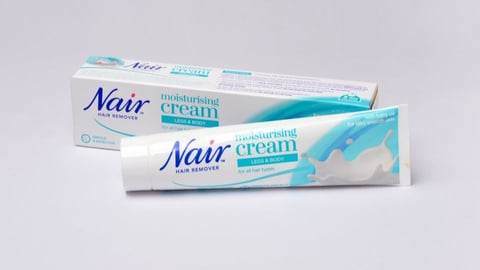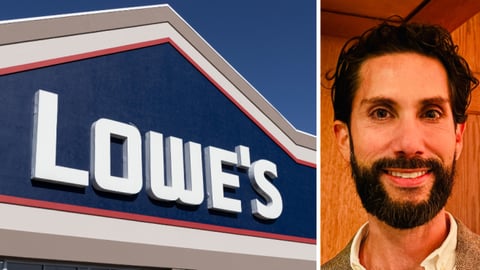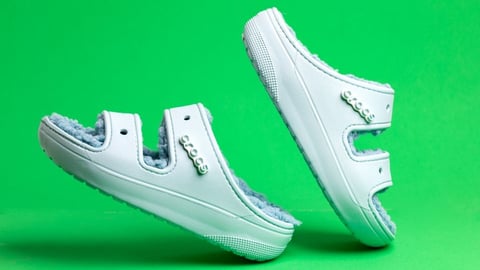Unilever’s Social Commerce Playbook Adds New Start-up Platform
Unilever is readying for the $3 trillion-plus social commerce tsunami with a new initiative wooing start-ups.
The No. 6 consumer goods company’s Positive Beauty Growth Platform is inviting scale-up and start-ups to apply to collaborate on beauty tech and innovation projects. It will host a series of pitch competitions and challenges for companies operating in social commerce — especially those in livestreaming, shoppable media, group buying and gaming.
The initiative is led by its beauty and personal care division, which includes such brands as Dove, Axe and Love Beauty & Planet, and accepted partners will pilot their idea in collaboration with select brands.
The global social commerce market is pegged to be valued at $3.37 trillion in 2028, up from $474.8 billion in 2020, according to Grand View Research, which cited personal and beauty care segment as one segmented expected to especially benefit.
Social commerce is being propelled both as a discovery and a buying channel thanks to an increase in social media usage during the pandemic, with more brands investing in their ability to provide immersive and convenient experiences to seize on this growth.
[Related: Sales & Marketing Report 2021]
Social platforms, meanwhile, are doing their part to grease the wheels: TikTok last week launched the TikTok Shopping solution suite that includes additional commerce experiences, integrations with third-party commerce partners, and live shopping, among other features.
Beyond growing sales, leveraging social commerce provides brands with another opportunity to leverage the benefits of direct-to-consumer selling — chiefly forging closer relationships with consumers and the first-party data it can bring. Twenty-three percent of consumer goods companies in the annual Retail and Consumer Goods Analytics Study said they’re investing in social media analytics for the first time, while 40% are making upgrades to a current system.
And while today’s large legacy consumer goods brands are “trying” social commerce rather than defining it as an imperative at this point, Len Schlesinger, Baker Foundation professor at Harvard Business School and former vice chairman/COO of Limited Brands, told CGT recently, “the smart ones are trying everything.” For some, this is taking the form of investing in acquiring DTC brands for learnings, with others are building out their venture capital capabilities.
For his part, Sunny Jain, Unilever president of beauty and personal care, noted the importance of collaborating when it comes to the “mega-trends of the future.”
“Building a thriving two-way relationship with the global startup community helps power innovation and experimentation, deliver business solutions and fuel growth,” Jain added in a statement. “The Positive Beauty Growth Platform has been designed to do just that. By harnessing startups’ disruptive approach, we will help future-proof our brands by pioneering into new spaces shaping the beauty industry.”
[See also: Inside Idahoan Foods’ TikTok Challenge]
The initiative is also meant to reflect the company’s equitable, inclusive and sustainable Positive Beauty vision for the beauty category. As part of this, projects will leverage technology to design and market products that are better for the environment and consumers.
It’s currently accepting submissions, with the shortlist of accepted participants slated to be announced Nov. 3. The virtual pitch competition will be held Nov. 18.
Unilever’s beauty and personal care division is also home to The Unilever Foundry, the company’s collaborative innovation network in operation since 2014. The Foundry has more than 400 startup pilots under its belt, including with HelloAva, a skincare engine leveraging artificial intelligence.






